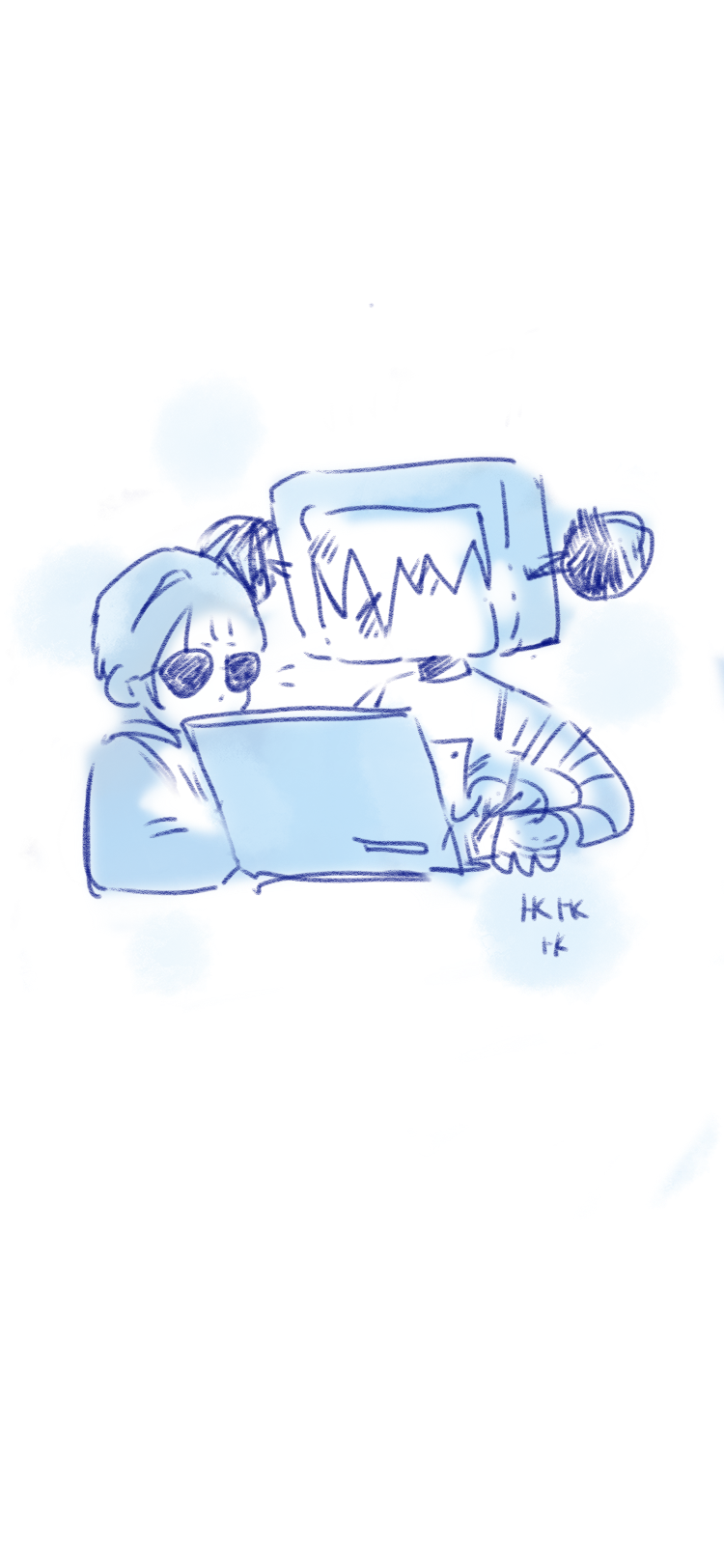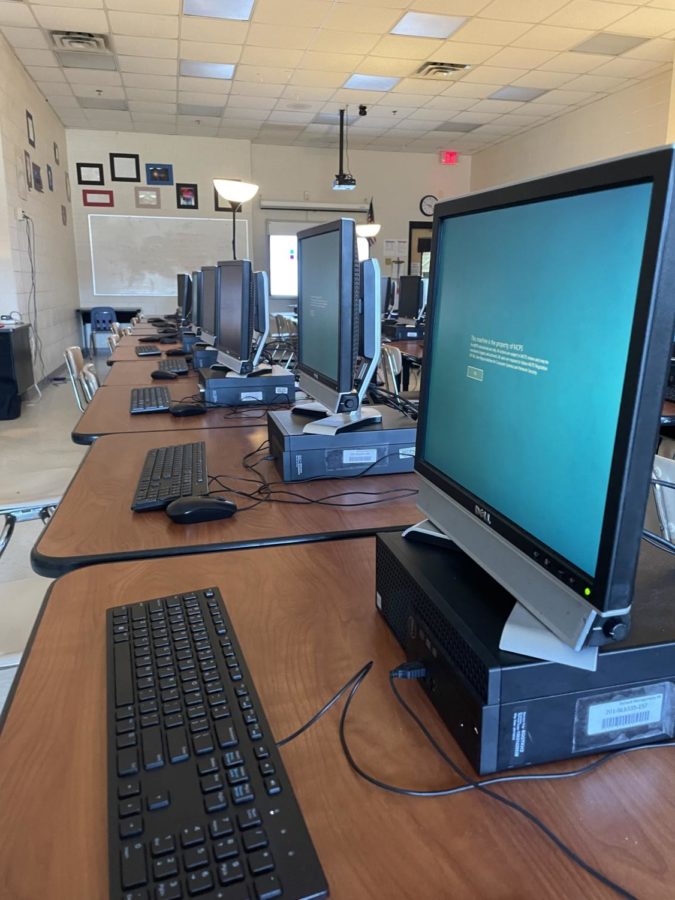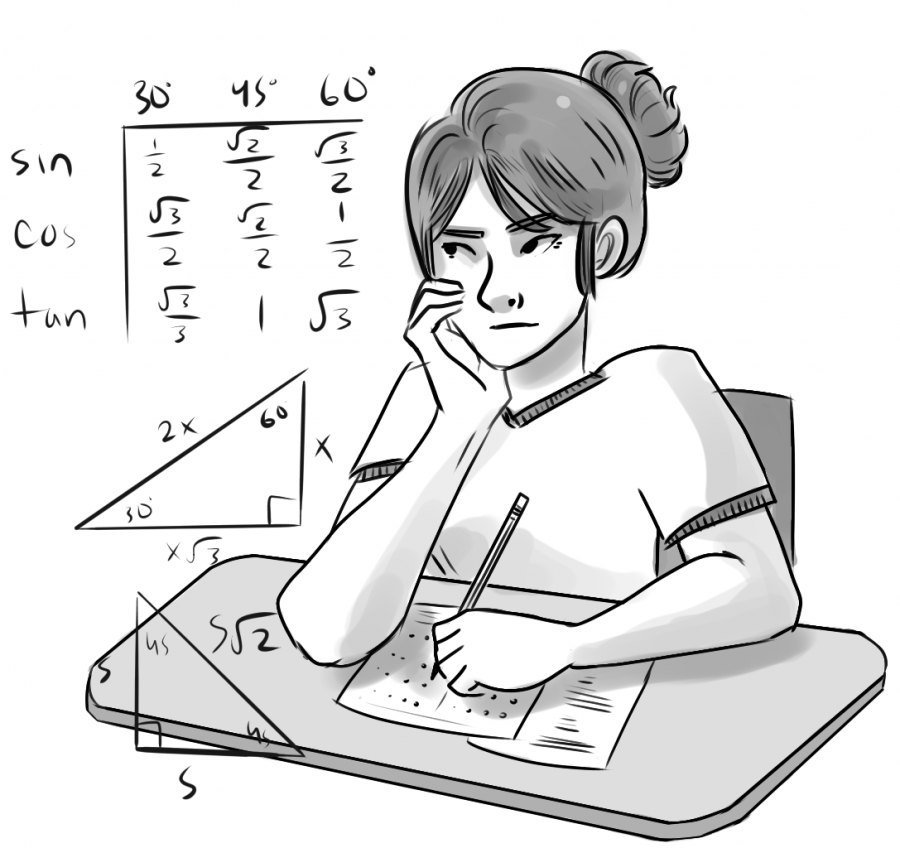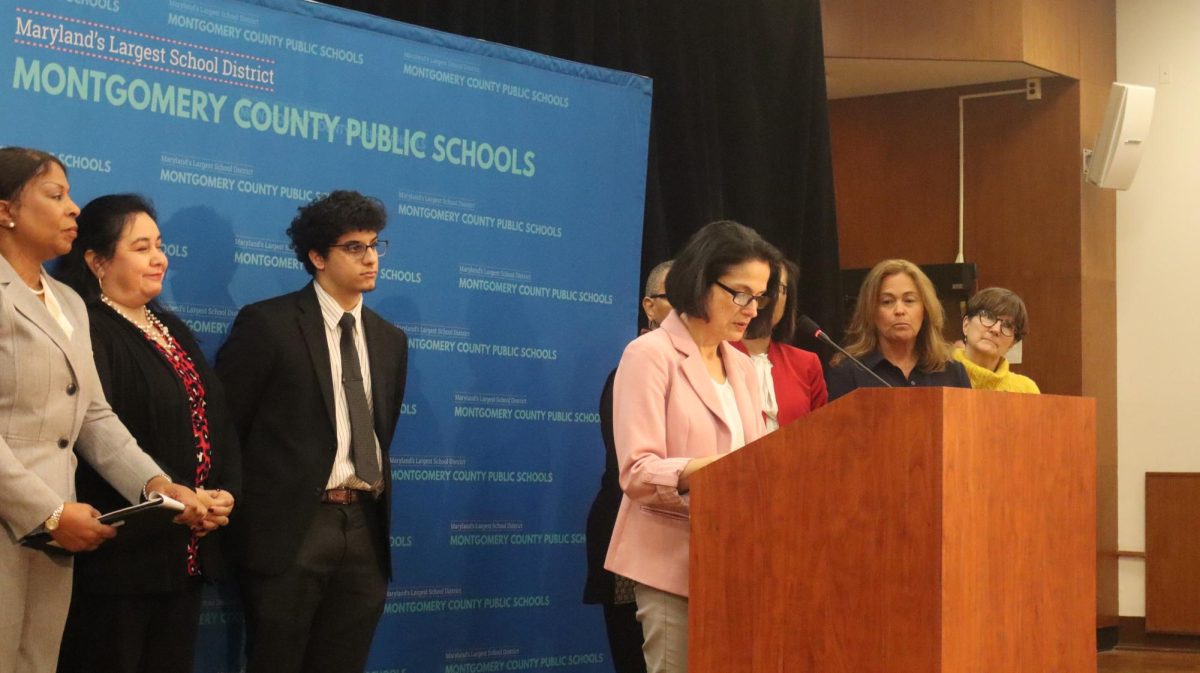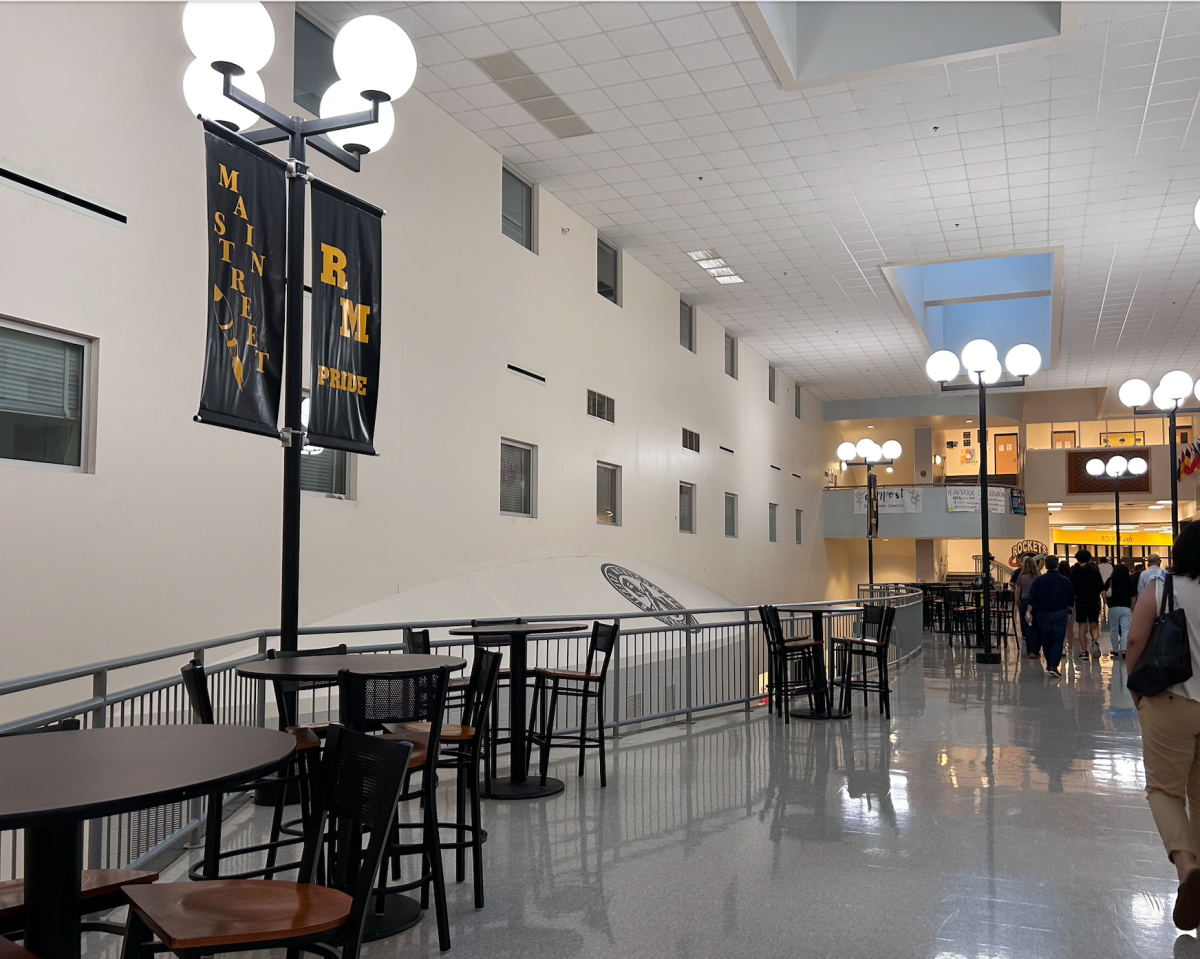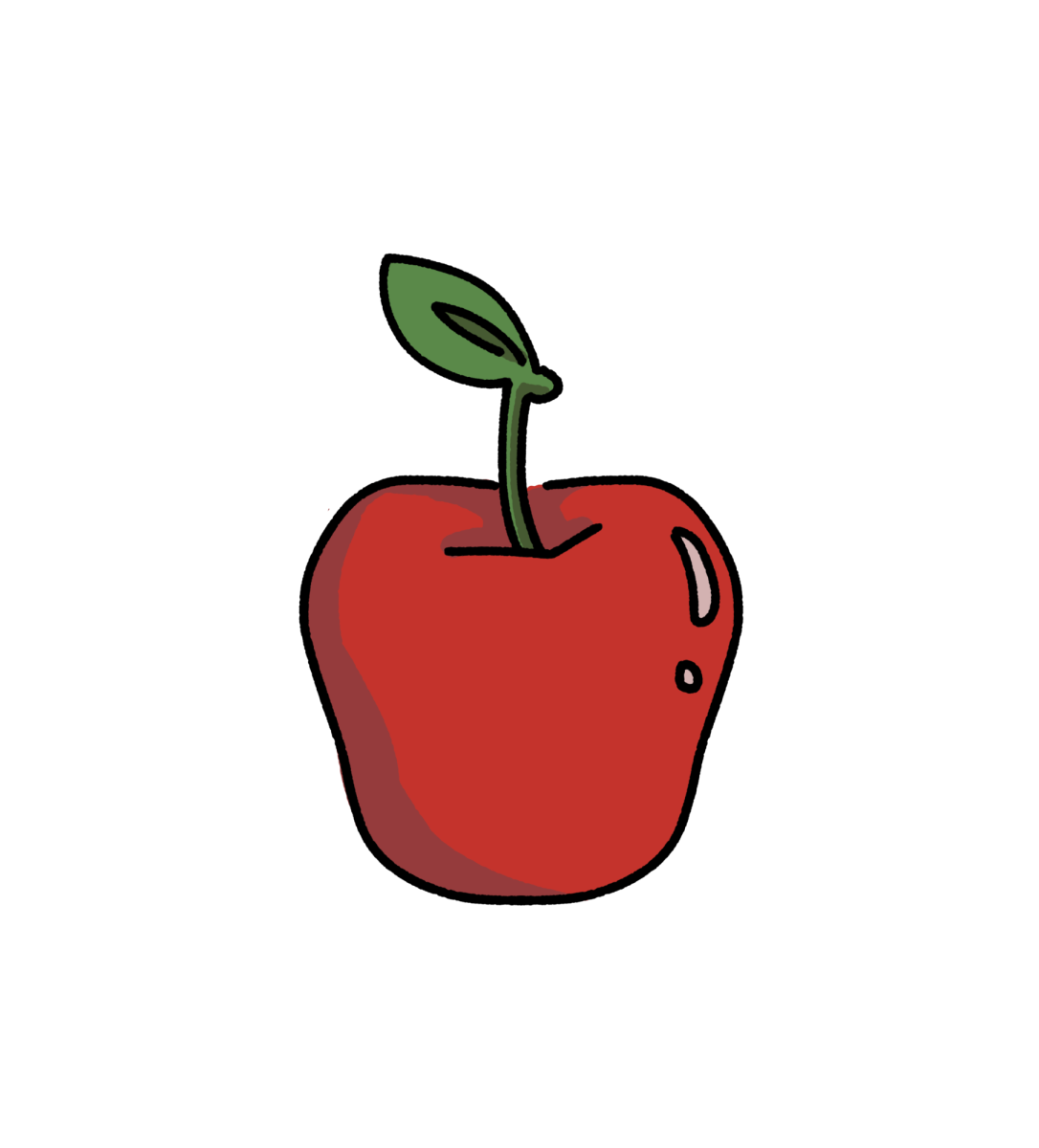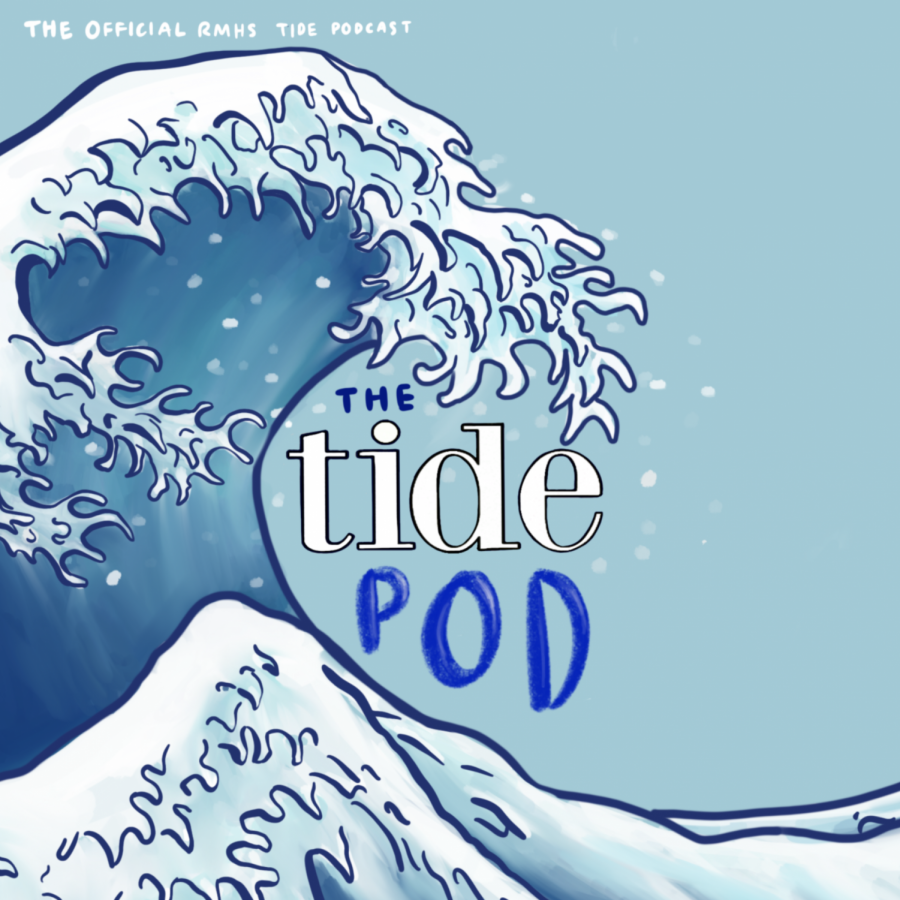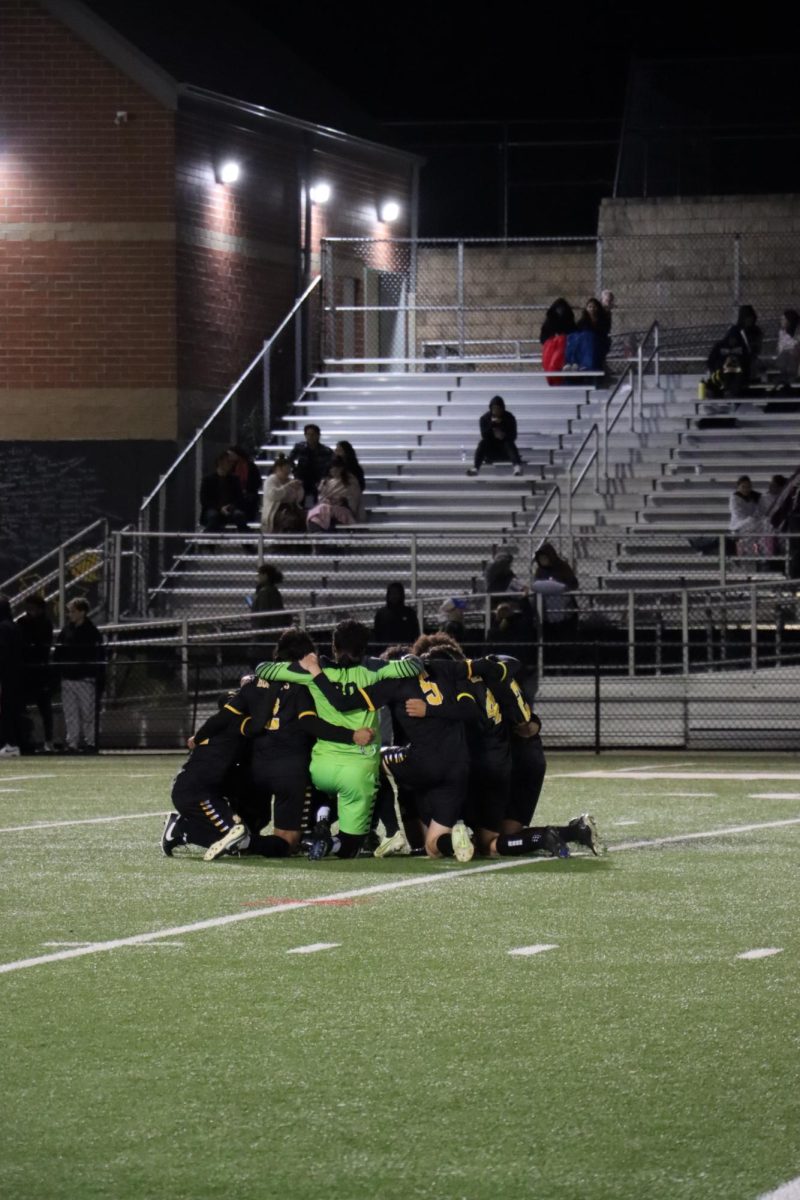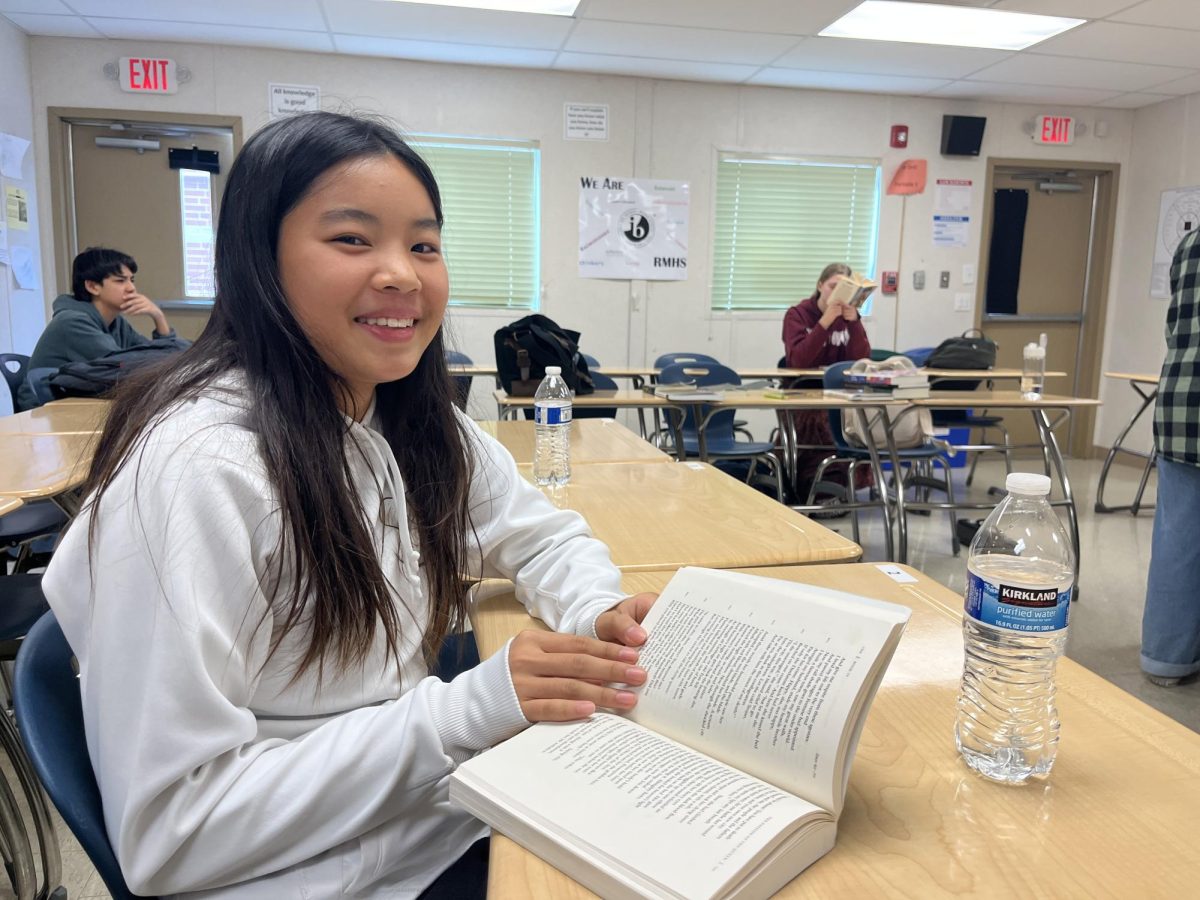In our rapidly evolving society, people’s lives are constantly being affected by technological inventions, homegrown and from around the world. During the twentieth century, one idea had become increasingly prominent: artificial intelligence (AI). Britannica defines AI as the ability of a digital computer or computer-controlled robot to perform tasks commonly associated with intelligent beings, such as the ability to reason, generalize, or learn from experience.
Since the development of digital computers in the 1940s, computer scientists have been working towards the advancement of AI. This led to the San Francisco–based company, OpenAI, releasing an early demo of its ChatGPT, on November 30, 2022.
ChatGPT is a large language model tool, powered by large amounts of data and computing techniques to make predictions to string words together in a meaningful way. The abilities of ChatGPT, which many other chatbots have aimed to emulate, tap into a vast amount of vocabulary and are programmed to understand words in context, helping it mimic speech patterns while dispatching encyclopedic knowledge. As it took off around the globe, one area remained a point of debate: the classroom.
For both teachers and students, ChatGPT has a variety of implications for the way the class operates. For teachers, Chat GPT can be a valuable tool for lesson planning, developing content, and designing learning activities that align with educational standards.
“I think it helps kids who are maybe struggling to understand the central material in their academic classes,” social studies teacher Mr. Jonathan Taylor said.
However, it also presents a pressing dilemma for teachers regarding a lack of academic integrity. Many educators believe that using ChatGPT for writing assignments will only promote cheating and plagiarism.
“On the opposite end, we teachers want to make sure that students aren’t abusing it and engaging in academic dishonesty,” Mr. Taylor said.
On the other hand, students tend to have a more positive view of the application. Students can request explanations and seek guidance from ChatGPT at any time and place, without having to rely on teachers, tutors, or peers. This can be especially helpful for students who have limited resources, face barriers to education, or need extra support.
“I think it makes research easier. If you have a research assignment coming up, or any essay or argumentative essay…you can just ask ChatGPT and base some of your research off it,” junior Kamran Danish said.
One of the biggest drawbacks for students is the diminishment of their skills. By relying on Chat GPT to generate responses, students may not develop important critical thinking and problem-solving skills. Furthermore, the easy-access features of the app can enable students to use Chat GPT to cheat on assignments, papers and exams.
“I think it reduces creativity. It also causes plagiarism,” Danish said.
ChatGPT, and other chatbots like it, carry their mixed reputation for a good reason. While they are a beacon for AI development to come, and they provide tremendous resources, they are also a pitfall to be wary of. It’s important to recognize and follow a balance in the use of ChatGPT that predicates itself on a student’s educational growth rather than on assignments or exams.

